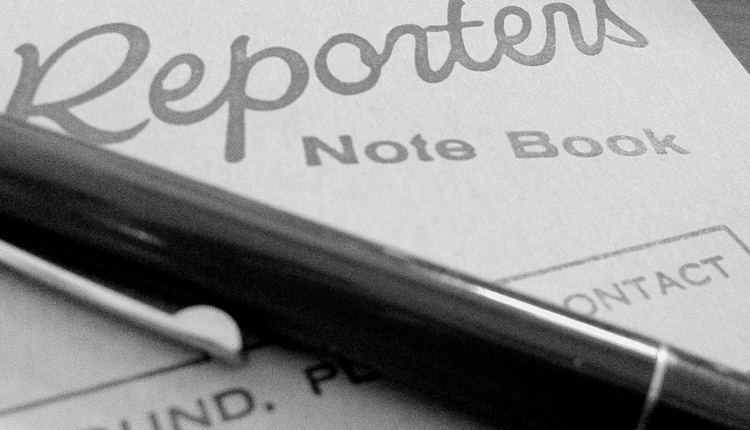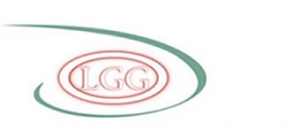
Years of experience in newspaper publishing, radio and television, are at the core of our services.
At least several times yearly we’ll field a query from someone faced with an unexpected call from a reporter. In some cases it’s a crisis situation. Other times it’s a call from a journalist seeking background for a story they’re preparing.
“What do I do now? I’ve never dealt with the media before.”
This is a common response.
And here’s what you do:
Work with the media
More often than not, journalists are on deadline. That means they don’t have a lot of time. And if they don’t get comments from you, they’ll go elsewhere, and perhaps to someone less qualified than you to speak on-record.
So, it’s important to develop a coherent approach accompanied by the appropriate media tools. By presenting an organized image, media will quickly see their needs are met by cooperation rather than confrontation.
Develop a logical strategy
A focused media response, particularly in a crisis situation, creates a sense of control and calm in what otherwise would be chaos and result in a negative spin/angle to a story. The communications team needs to be focused on the work at hand. A healthy, productive media relationship goes a long way toward ensuring an accurate, fair and balanced story.
Preparation
A knowledge of “who’s who” in the media is essential in effective media relations. Start by identifying media outlets; reporters and editors; and issues and topics. It’s important to already have developed a working relationship with the media before they call; and in particular before controversies or crises arise. There’s no reason why your relationship with the media has to be adversarial. Your goal is to work with them, not so much to educate and influence, but to build mutual respect and understanding.
Ready to begin planning an effective media relations strategy?
